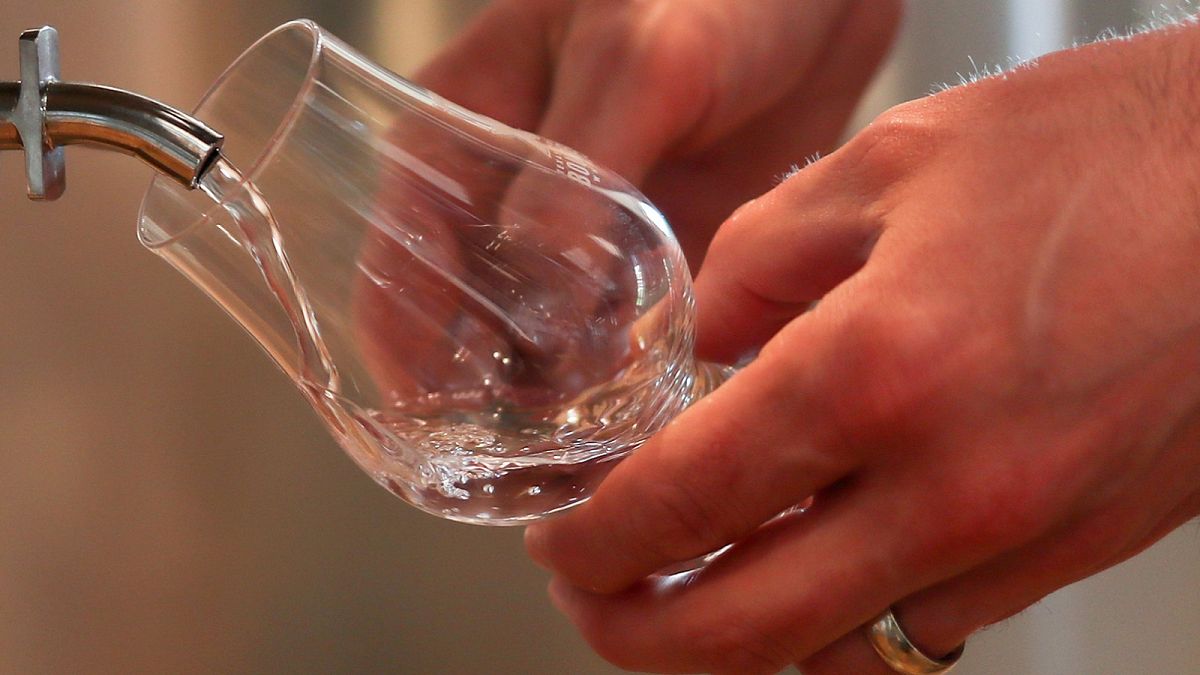Not only do small distillers generate local jobs and revenue, they are increasingly a huge draw for tourists looking to experience the unique craft and heritage of Europe’s spirit sector.
Rural communities all over Europe are struggling to compete with larger cities which attract young people and, with them, their economic dynamism (rural populations are set to fall by 8 million to 2050 while urban populations are due to rise by 24.1 million). At the same time, Europe’s small and medium-sized entreprises (SMEs), which make up 99% of EU companies, are often struggling to remain competitive in those sectors where a few players hold significant market positions. As we enter a new mandate of the European Commission, addressing these two challenges is crucial to maintaining Europe’s culture and competitiveness.
One overlooked set of SMEs that can bring significant benefits to often remote rural locations are small distillers. Not only do these businesses generate local jobs and revenue, they are increasingly a huge draw for tourists looking to experience the unique craft and heritage of Europe’s spirit sector. To support this, we at spiritsEUROPE are proud to launch ‘Taste Destination Europe!,’ a new initiative promoting spirits tourism across Europe. Whether whisky, brandy, gin or schnapps, increasing understanding of the craft distillery sector will drive the growth of these high performing SMEs and provide vital economic opportunities for rural communities.
Last year alone, two million people visited Scotch whisky distilleries, another one million visited Irish distilleries and a massive 1.6 million visited French distilleries. The success of these enterprises not only benefits those employed in distilleries, but also the local community that develops around them offering hospitality and related services.
The growth in craft distilleries across Europe is exploding due to huge demand from consumers. The market for craft spirits is projected to increase twelve-fold between 2016 and 2025 and small rural companies are making the most of it. In Germany, there are nearly 15,000 fruit and grain distilleries and about 180 whisky-producing ones, including the award-winning Spreewood Distillers in the small town of Schlepzig. Its co-founder Bastian Heuser recently told me: “From grain to glass, we do it all here. The only thing we don’t have is our own field of rye, but maybe that will come.”
With spirits already representing 17% of all EU agri-food exports, and greater potential still in many markets, European craft distillers are a real growth engine. Recently, the distillery manager of the Belgian Owl Distillery, tucked away in East Hesbaye in Belgium, told me that they expect to double visitors to their distillery this year and are now developing partnerships with local restaurants, bars and hotels.
The incoming Commission appears to take the concerns of SMEs and rural communities seriously, and recognises the opportunities they offer. In the European Parliament hearings, it was encouraging to see Commissioner-designate Janusz Wojciechowski commit to developing a long-term rural strategy. It was equally positive to hear Commissioner Margrethe Vestager talk of an SME envoy and reducing red tape for SMEs. But after years of promises, support for startups and rural communities must be made tangible. Funding programmes are welcome but representatives of SMEs would agree that complex legislation often puts them at a disadvantage to larger, established companies capable of navigating this labyrinth.
For instance, small distillers face “glass ceilings” on their growth which other SMEs don’t. To give one example, the minimum standard excise rate for spirits is 2.5 times higher than for beer, and craft brewers are currently allowed to produce 1,000 times the amount of alcohol that craft distillers are before they’re hit with the full excise rate.
Ask other sectors and they’ll no doubt have just as many crazy rules that hamper development. If Commissioner Vestager’s new SME envoy can bring these concerns to policy makers, and remove these illogical barriers to development, we’ll see a real difference.
Spirits tourism generates jobs, supports economic revitalisation of rural communities and boosts rural regions’ brands as tourist destinations. Small distillers, just like any small businesses, need support from policy-makers. We hope that initiatives like spirits tourism will receive the support needed and deserved from this next Commission.
- Ulrich Adam is the Director General of spiritsEUROPE, an industry body that represents producers of spirits drinks at EU level.
____________
Are you a recognised expert in your field? At Euronews, we believe all views matter. Contact us at view@euronews.com to send pitches or submissions and be part of the conversation.
